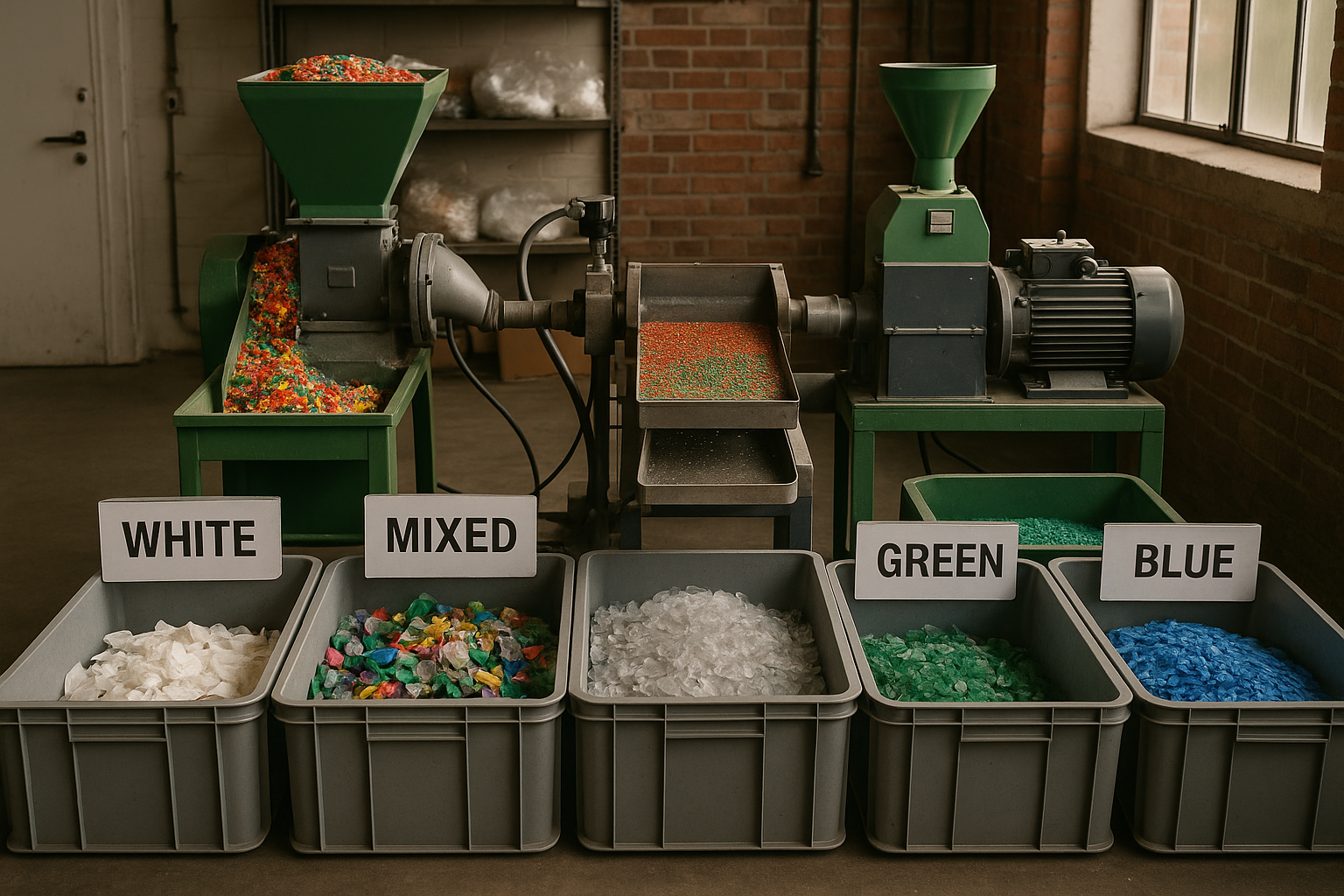Transform Trash Into Cash With Plastic Recycling Secrets
Transforming plastic waste into a lucrative income source is not only eco-friendly but also offers you endless opportunities to browse options, explore innovative recycling techniques, and capitalize on this growing market.

Understanding the Potential of Plastic Recycling
Plastic recycling is more than just an environmental initiative; it’s a thriving industry with the potential to generate significant income. With the global plastic recycling market expected to reach $60 billion by 20251, individuals and businesses have a unique opportunity to profit while contributing to sustainability efforts. By understanding the various types of plastics and their recycling processes, you can effectively participate in this market.
Types of Plastics and Their Recycling Processes
Plastics are categorized into several types, each with distinct recycling processes. The most commonly recycled plastics include:
- **PET (Polyethylene Terephthalate):** Often used in beverage bottles, PET is highly recyclable and can be transformed into new bottles or polyester fibers. The recycling process involves cleaning and shredding the plastic into small flakes, which are then melted and reformed2.
- **HDPE (High-Density Polyethylene):** Found in milk jugs and detergent bottles, HDPE is known for its strength and is recycled into products like piping, plastic lumber, and new containers3.
- **PP (Polypropylene):** Used in packaging, textiles, and automotive parts, PP recycling involves similar processes and can be used to create automotive parts, battery cables, and more.
Monetizing Plastic Recycling
To transform trash into cash, you need to understand the economics behind plastic recycling. Here are some key steps to get you started:
- Collect and Sort Plastics: Begin by collecting plastic waste from local businesses, households, or community centers. Sorting plastics by type and color increases their recycling value.
- Invest in Recycling Equipment: Depending on your budget, you can start small with manual sorting and shredding equipment or scale up with automated systems. Prices for basic shredding machines start around $5,0004.
- Partner with Recycling Facilities: Establish relationships with local recycling centers or manufacturers who purchase recycled materials. This ensures a steady demand for your processed plastics.
- Explore Niche Markets: Consider producing recycled plastic products such as eco-friendly packaging or construction materials, which can command higher prices in specialized markets.
Financial Benefits and Environmental Impact
Recycling plastics not only offers financial benefits but also significantly reduces environmental impact. By diverting plastics from landfills and waterways, recycling helps decrease pollution and conserve natural resources. Additionally, recycling plastics saves energy compared to producing new plastics, reducing greenhouse gas emissions5.
Exploring Further Opportunities
For those eager to dive deeper into plastic recycling, numerous resources and services are available to help you succeed. You can visit websites dedicated to recycling innovations, search options for government grants supporting recycling initiatives, or follow the options for online courses that teach advanced recycling techniques.
Recycling plastics offers a dual advantage: you can earn a substantial income while making a positive impact on the environment. By understanding the processes, investing in the right equipment, and exploring specialized markets, you can transform plastic waste into a profitable venture. As you continue to explore the possibilities, remember that a wealth of resources and opportunities awaits to support your journey into the world of plastic recycling.